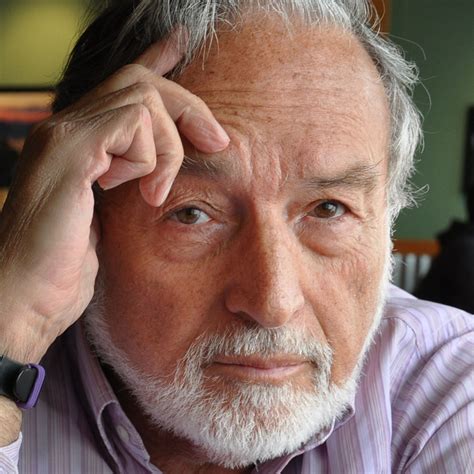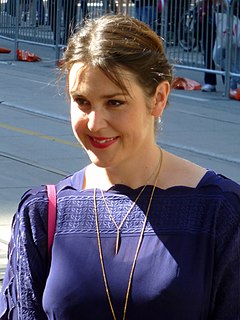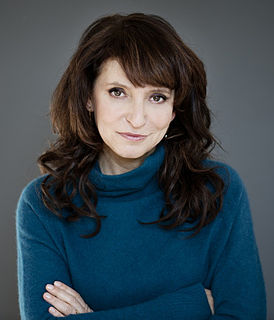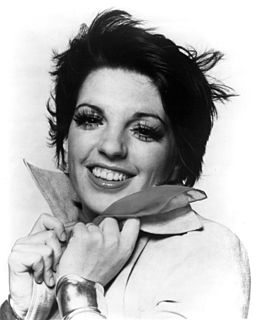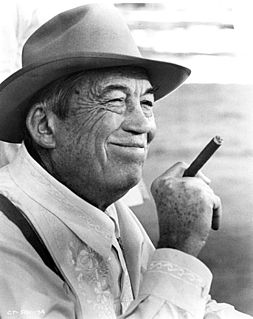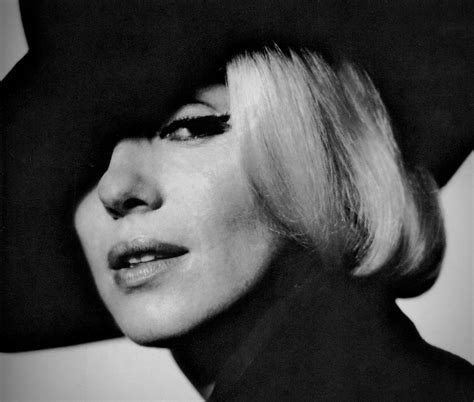A Quote by Lawrence Schiller
When you've experienced the real Marilyn, it's difficult to watch a movie about her.' I didn't want to have the memories of my experience tarnished in any way.
Related Quotes
Just like Marilyn Monroe is a lot of girls' idol, that's how I feel about Dorothy Dandridge. And she any Marilyn were very close friends. She went through a lot, and people told her that she couldn't do certain things, but she didn't let that bother her. She said in her mind that she was going to do them and that nothing was impossible, and she did it. It was so sad... She died from drugs, and drinking as well.
In the most basic terms it was about how when we experience art without critical awareness we consent to the ideas being promoted, either intentionally or unintentionally, by the filmmaker. For instance, if you watch a racist comedian and laugh at his jokes, you are consenting to the prejudices inherent within them. Similarly, if you watch a movie which perpetuates conventional ideas about race, gender, etc., you are consenting to them and not affecting change in any way.
(on Marilyn Monroe) I was walking down Broadway with her and nobody was stopping us. She was going to (Stella Adler's) actors' studio, and she was taking me to show me what it was all about. And I said to her: "How come nobody is taking your picture?" She said: "Well, watch." She took her scarf off, straightened her shoulders, and draped something another way, and we were surrounded. It must have been 400 people. And I said: "Now I know why!"
She went right down into her own personal experience for everything, reached down and pulled something out of herself that was unique and extraordinary. She had no techniques. It was all the truth, it was only Marilyn. But it was Marilyn, plus. She found things, found things about womankind in herself.
I mean there’s a certain finality about a movie, when it’s done it’s done – that raised eyebrow in that moment will always be that raised eyebrow. Whereas a play only lives as a blueprint for a performance on any given night. There’s a reason you can eat popcorn and watch a movie and you can’t do that in the theatre. Theatre you have to lean in, you have to tune your ear to the stage and participateI respond to heat. And blood. And humanity. The cold experience is not for me. I’ve always enjoyed all the real people in a room together in the theatre.
We tend to think of memories as monuments we once forged and may find intact beneath the weedy growth of years. But, in a real sense, memories are tied to and describe the present. Formed in an idiosyncratic way when they happened, they're also true to the moment of recall, including how you feel, all you've experienced, and new values, passions, and vulnerability. One never steps into the same stream of consciousness twice.
There have been many beautiful women since Marilyn Monroe. But who is there that has her total magic? Nobody has that vulnerability any more. We turn to child models in an instinctive search for that innocence and freshness, but they don’t have the deep feminine sexuality that came from Marilyn like light.
On stage you never watch yourself. You just experience it, and then you go home, and you feel pretty good if you gave a pretty good performance or crappy if you didn't. But in TV and film, you actually have to experience it while you're doing it, and then you have to watch it. And then when you're watching it, you watch it with a different sensibility than how you experienced it.
I'm very aware that the future of any film is not necessarily the theatrical experience, it's the home video experience because that is the one that is going to be presented for years to come. So you want to make sure that you push your movie, but you're talking about a movie that you finished months ago. And your head is trying to move into new grounds and you're still pushing for the other one. That's the tough element of it.
